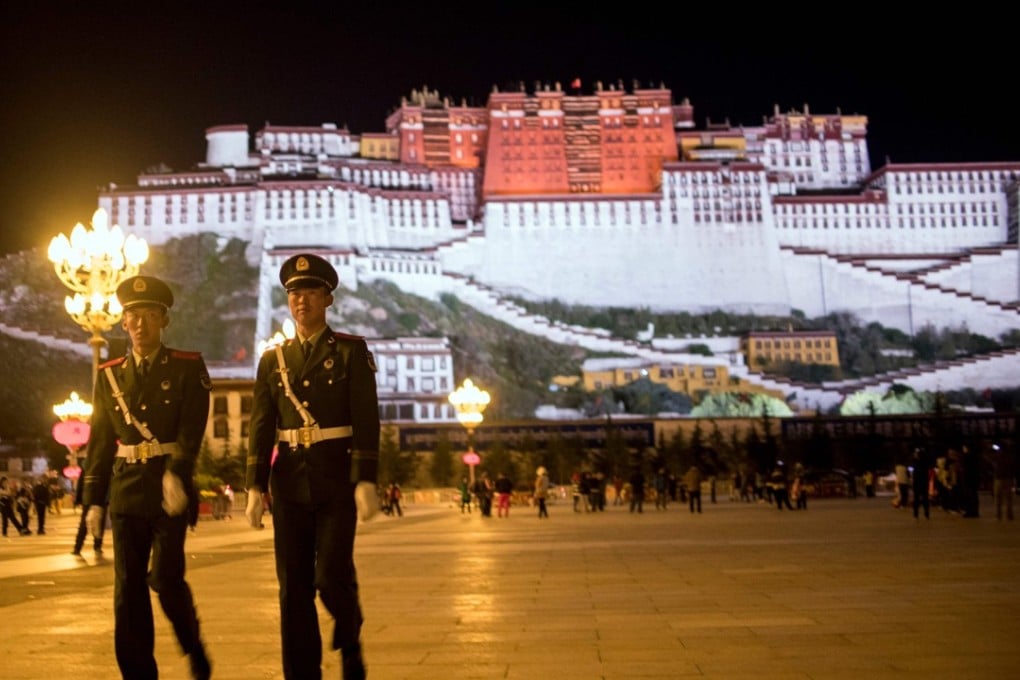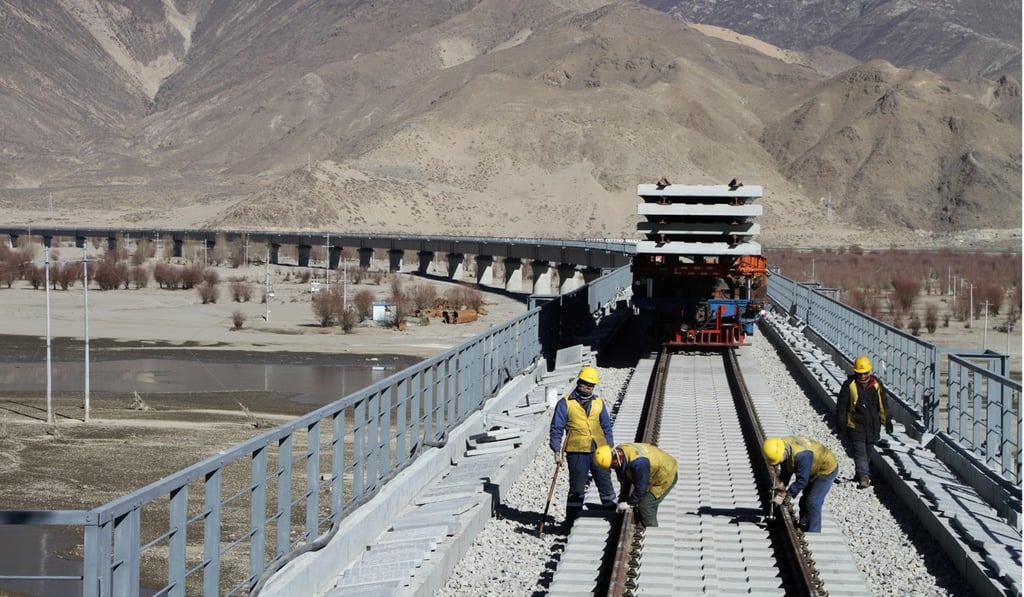Beijing slams US legislation demanding easier access to Tibet for American journalists, tourists
- Washington has ‘grossly interfered’ in China’s domestic affairs, foreign ministry says
- Bill wins bipartisan support as it passes through US Congress and now awaits approval by President Donald Trump

Beijing on Friday rebuked the US Congress over legislation seeking greater access to Tibet, saying American lawmakers had “grossly interfered” in China’s domestic affairs.
The bill, which passed this week with bipartisan support, demands access to the region for US diplomats, journalists and tourists, and threatens to bar Chinese officials responsible for the policy from the US if the barriers are not lifted.
Foreign visitors are generally required to obtain a special permit, with the region completely closed off to outsiders at certain times of the year.
“The relevant bill … has disregarded the facts, grossly interfered in China’s internal affairs, and violated the basic norms of international relations,” Chinese foreign ministry spokesman Lu Kang said at a regular press briefing.
“China is firmly opposed to this and has already made solemn representations to the US.”

About 40,000 Americans had visited Tibet since 2015, including politicians, he said.